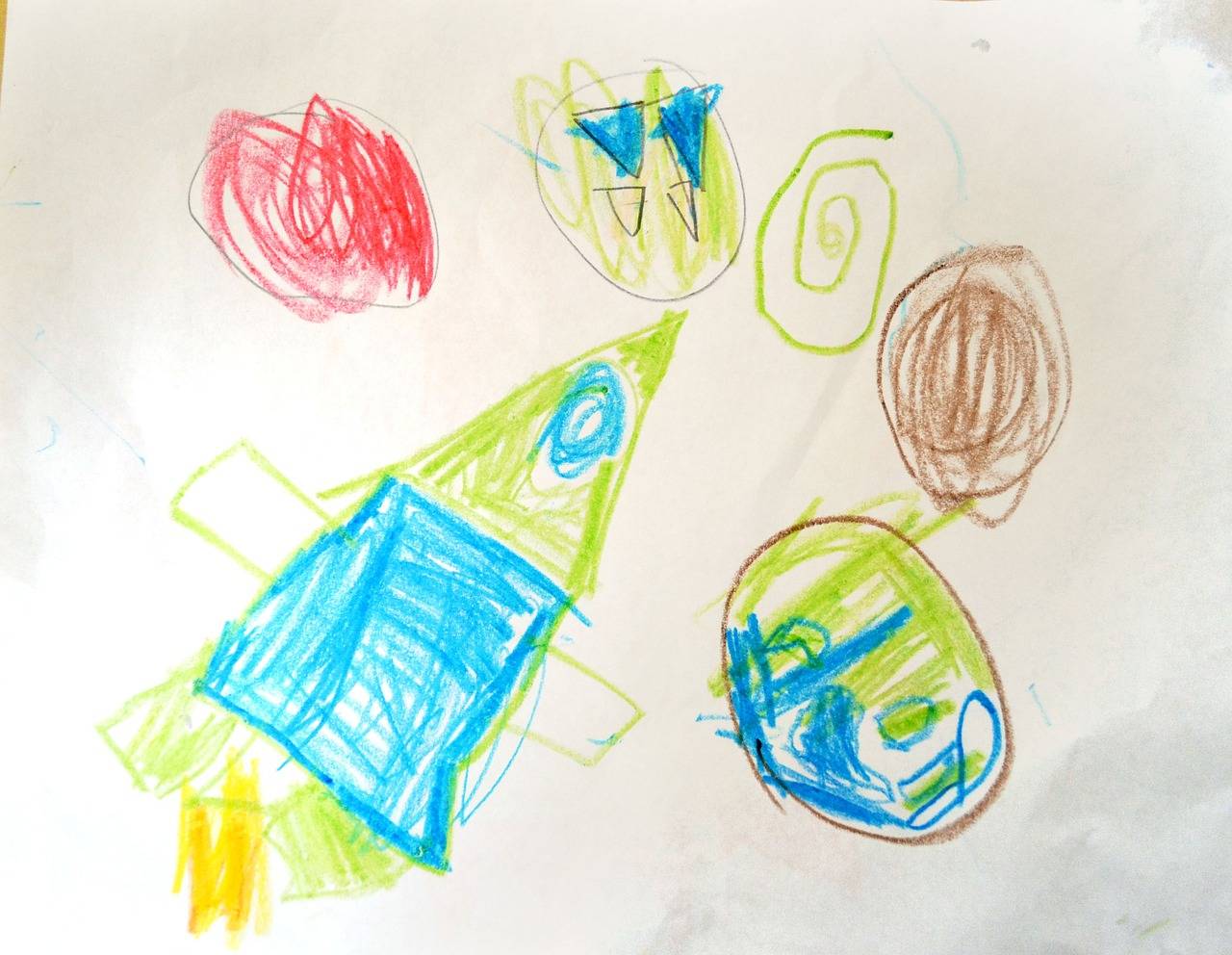Exploring Culturally Responsive Teaching Strategies in Mathematics Education
In mathematics education, it is crucial to acknowledge and respect the diverse cultural backgrounds that students bring into the classroom. Each student’s cultural heritage shapes their worldview, learning styles, and problem-solving approaches. By incorporating students’ cultural backgrounds into math lessons, educators can make the content more relatable and meaningful.
When educators connect math concepts to students’ cultural identities, it not only enhances their understanding of the material but also fosters a sense of inclusivity and belonging in the classroom. By valuing and integrating diverse perspectives in math education, teachers can create a learning environment where all students feel seen, heard, and empowered to excel in their mathematical pursuits.
Connecting Math Concepts to Students’ Cultural Backgrounds
Mathematics education has evolved to be more inclusive and culturally sensitive in recent years. Educators are recognizing the importance of connecting math concepts to students’ cultural backgrounds to make learning more meaningful and relevant. By incorporating cultural elements, such as traditional problem-solving methods or historical mathematical contributions from different cultures, students gain a deeper appreciation for the subject and see how math is intertwined with their own heritage.
When students can see themselves reflected in the math curriculum, it helps build their confidence and engagement in learning. For example, using examples of traditional crafts, music, or storytelling in math problems can make the concepts more relatable and understandable to students from specific cultural backgrounds. By acknowledging and valuing the diversity of experiences and perspectives in the classroom, educators can create a more inclusive learning environment where all students feel seen and heard.
Incorporating Diversity in Math Curriculum
In today’s multicultural society, it is imperative for educators to recognize the importance of incorporating diversity into math curriculums. By infusing students’ cultural backgrounds into math lessons, educators can make the subject more relatable and engaging. This approach not only enhances students’ understanding of mathematical concepts but also fosters a sense of inclusivity and respect for different perspectives within the classroom environment.
When educators connect math concepts to students’ cultural contexts, they create a more enriching learning experience that goes beyond mere rote memorization. By drawing upon the diverse experiences and knowledge that students bring to the classroom, teachers can promote critical thinking skills and a deeper appreciation for the universality of mathematical principles. In doing so, educators can empower students from all cultural backgrounds to excel in math and develop a positive attitude towards the subject.





